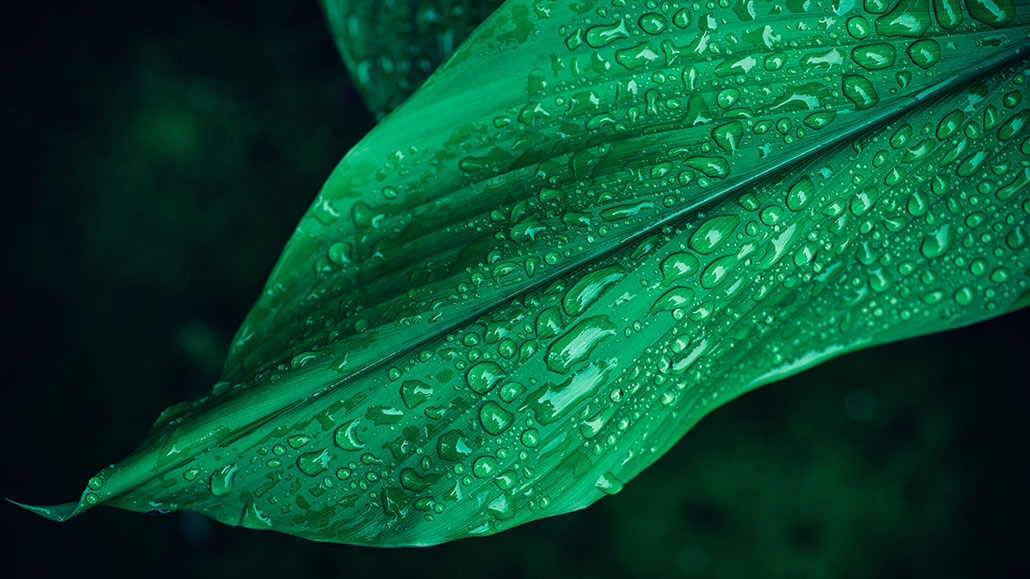Questions for ‘No sun? No prob! A new process might soon grow plants in the dark’

Leaves normally make a plant’s food through photosynthesis. That process requires sunlight. But new research is finding a new electricity-driven substitute for photosynthesis. This new process holds out the prospect of one day growing crops in the dark.
KDP/Moment/Getty Images Plus